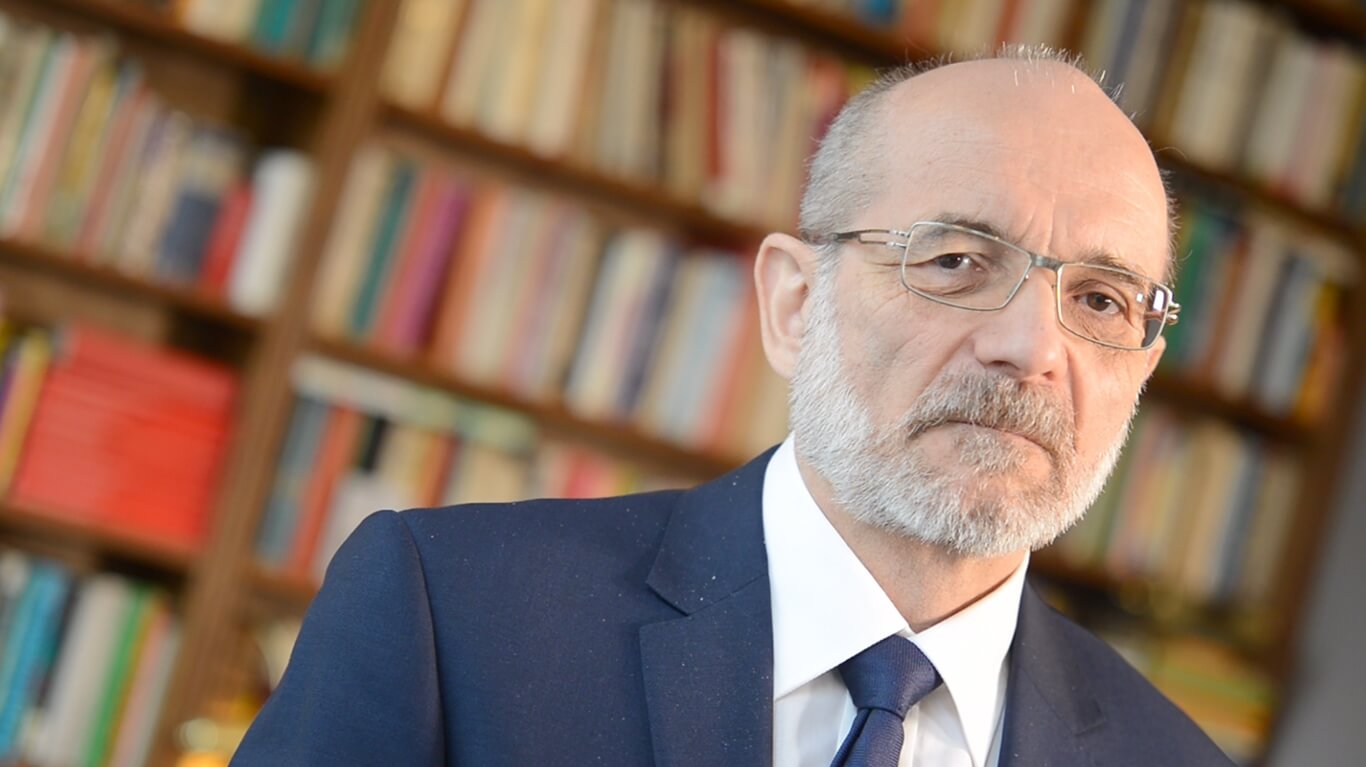ScrumImpulz conference is not just about speakers from abroad. Since the first year of the conference, we offered an opportunity to speak to local people who experienced Agile some way and had stories to share so we, who still fight with agile mindset and transformations, can learn from their mistakes and successes.
In 2014, I have been invited to speak at Maxmann Consultants University about Agile. A pretty unique concept of sharing knowledge with people among different industries. It was a pleasure to introduce agile to people who were even outside of IT which created a great environment for challenging questions.
Why am I writing about that? Because of Maxmann Consultant’s founder, Peter Benkovič.
Peter Benkovič is highly accepted authority in the Slovak consulting industry. He built the company with a pretty unique setup, culture, and the environment. So when he wrote us that he would like to share his experience about agile in ScurmImpulz, we couldn’t say no. Happily, he asked for that early.
About Peter Benkovič
Peter is leadership development, communication and team work effectiveness consultant and coach. Agile movement has attracted his attention four years ago from two points of view: the human side of agile and implementing agile principles outside IT business.
Talk: Agile transformation: What should we respect to succeed
What would you prefer? To start a new project after finishing the previous one or to start having the previous unfinished? Do you prefer to change things or improve them? When you have to learn to use a new tool, would you start experimenting by trial and error, or read the instructions, or ask someone to explain it for you or listen to a short instructional presentation?
The answers to these questions describe the different manifestation of your mindset.
The agile mindset requires both: to change things as well as to improve them, to be open to using unconventional processes as well as strictly following set rules. Only a few people can flexible react to ever changing requirements.
These people become agile quite quickly and are happy with their mindset. However, some people will always struggle with ever changing requirements and some will never acquire an agile mindset. Behind are different cognitive styles of problem solving and different styles of experiential learning. Both styles have been well known in psychology for decades. However, they are unknown in the agile community.
Peter will take you on a journey from a narrow technical view on how to create the agile mindset towards the knowledge and respect of human cognitive processes and experiential learning in creating the agile mindset.


